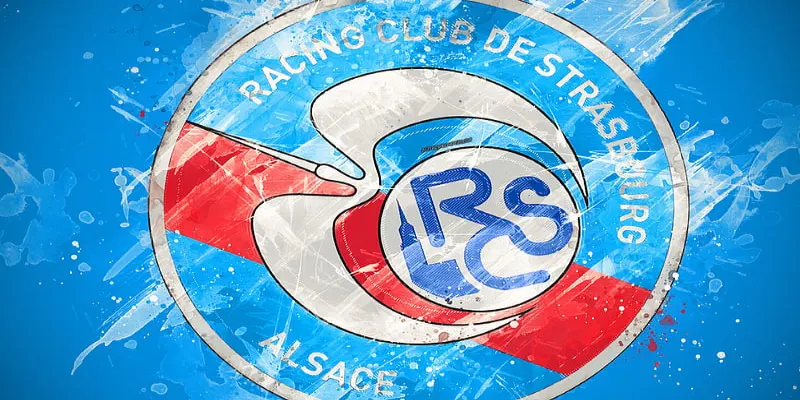Fluminense FC stands as one of the most iconic and historic football clubs in Brazil. With a legacy rooted in over a century of sporting excellence, Fluminense FC has cultivated a passionate fanbase, a tradition of thrilling football, and a collection of legendary players and titles. This article delves deep into the captivating history of Fluminense FC, exploring its significant achievements, prominent players, and the club’s enduring influence on Brazilian football.
The Origins and Early Years of Fluminense FC
Understanding the foundation of Fluminense FC offers invaluable insight into how the club established its formidable reputation and cultural significance within Brazilian society trang chủ bj88.
The Birth of a Football Institution in Rio de Janeiro
The story of Fluminense FC begins in the early 20th century, a period ripe with the burgeoning passion for football across Brazil. Founded on July 21, 1902, by Oscar Cox, a young Brazilian of Swiss descent, Fluminense was among the first football clubs in Rio de Janeiro, positioning itself at the forefront of the sport’s development in the country.
From its inception, Fluminense FC aimed to symbolize urban sophistication and sporting prowess. Its early adoption of competitive football and emphasis on organized club structure distinguished it from similar clubs. The club’s early years were characterized by rapid growth, attracting top talent and cultivating a loyal supporter base, which laid the groundwork for future success.
The Club’s Evolution in the 20th Century
Throughout the 20th century, Fluminense FC evolved amid a rapidly expanding football culture in Brazil. The club became renowned not only for its skilled players and championship victories but also for its contributions to footballing innovation, including early adoption of tactical styles and fostering homegrown talent.
During periods of political turbulence and social change in Brazil, Fluminense served as a unifying force for its community. The club’s identity became intertwined with urban identity and regional pride, especially in Rio de Janeiro, which was the heart of Brazilian football.
Establishing a Winning Culture
With each decade, Fluminense FC strengthened its competitive edge, frequently challenging other giants such as Flamengo, Vasco da Gama, and Botafogo. The club’s steadfast commitment to excellence fostered a winning culture that persisted through the years, regardless of fluctuations in managerial or economic stability.
The club’s early successes set the foundation for its stature, with its first significant trophies appearing in regional tournaments and gradually expanding into major national championships. This period marked the emergence of a competitive edge that remains evident in the club’s modern identity.
Fan Base and Cultural Significance
From its early days, Fluminense FC built a deeply rooted community of supporters. Its fan base, known as Flu fans, are recognized for their unwavering loyalty and passionate displays during matches, both domestically and internationally.
The club’s cultural influence extends beyond the pitch, encompassing social initiatives, community programs, and a storied identity shared by generations of supporters. This deep-rooted connection has helped elevate Fluminense FC from a sports club to a symbol of Rio de Janeiro’s rich cultural tapestry.
In summary, the origins of Fluminense FC are marked by pioneering spirit, community roots, and a relentless pursuit of excellence. Its evolution over the 20th century embodies the growth of Brazilian football itself, making it a pillar of the sport’s history.











Leave a Reply